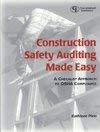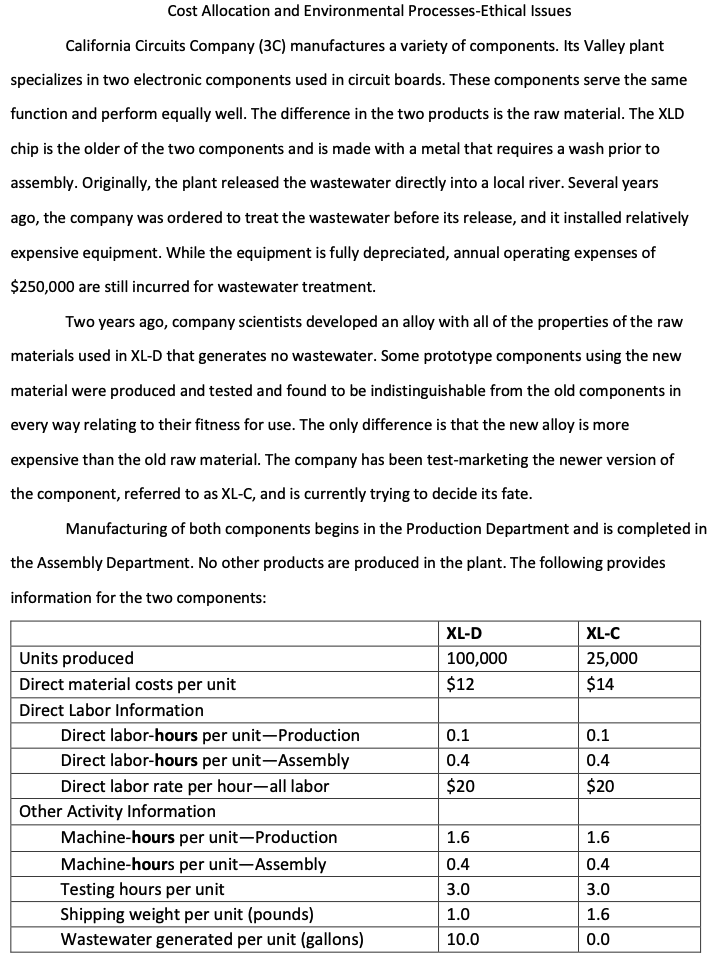
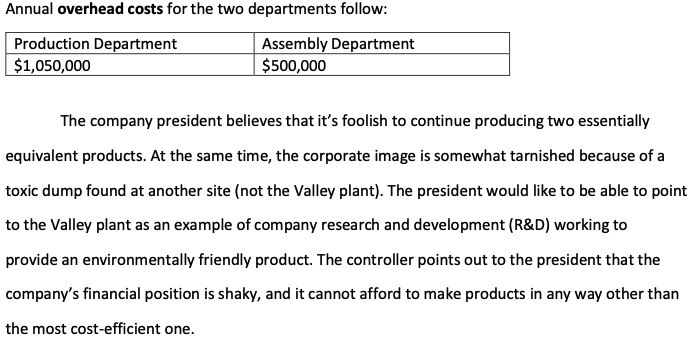
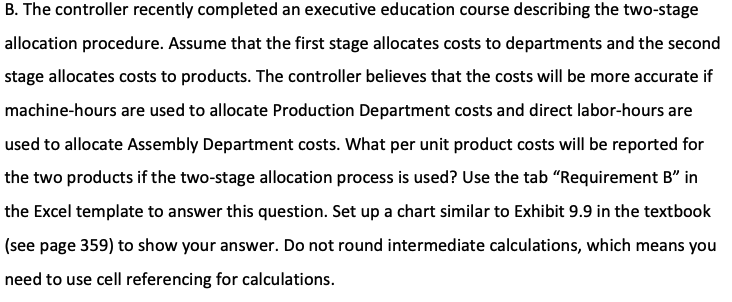
I need question B. ANSWERED & It needs to look like the graph below.
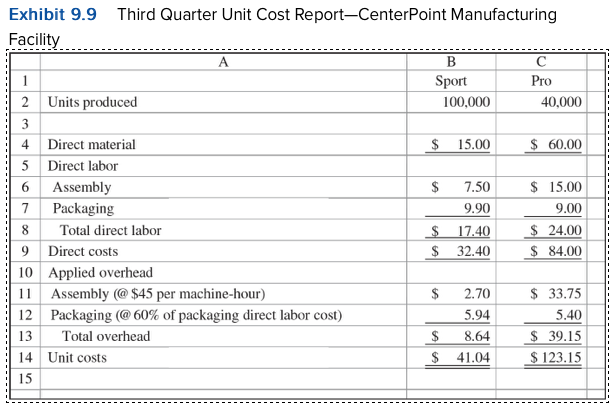
Cost Allocation and Environmental Processes-Ethical Issues California Circuits Company (3C) manufactures a variety of components. Its Valley plant specializes in two electronic components used in circuit boards. These components serve the same function and perform equally well. The difference in the two products is the raw material. The XLD chip is the older of the two components and is made with a metal that requires a wash prior to assembly. Originally, the plant released the wastewater directly into a local river. Several years ago, the company was ordered to treat the wastewater before its release, and it installed relatively expensive equipment. While the equipment is fully depreciated, annual operating expenses of $250,000 are still incurred for wastewater treatment. Two years ago, company scientists developed an alloy with all of the properties of the raw materials used in XL-D that generates no wastewater. Some prototype components using the new material were produced and tested and found to be indistinguishable from the old components in every way relating to their fitness for use. The only difference is that the new alloy is more expensive than the old raw material. The company has been test-marketing the newer version of the component, referred to as XL-C, and is currently trying to decide its fate. Manufacturing of both components begins in the Production Department and is completed in the Assembly Department. No other products are produced in the plant. The following provides information for the two components: XL-D XL-C Units produced 100,000 25,000 Direct material costs per unit $12 $14 Direct Labor Information Direct labor-hours per unit - Production 0.1 0.1 Direct labor-hours per unit-Assembly 0.4 0.4 Direct labor rate per hour-all labor $20 $20 Other Activity Information Machine-hours per unit-Production 1.6 1.6 Machine-hours per unit-Assembly 0.4 0.4 Testing hours per unit 3.0 Shipping weight per unit (pounds) 1.0 1.6 Wastewater generated per unit (gallons) 10.0 0.0 3.0 Annual overhead costs for the two departments follow: Production Department Assembly Department $1,050,000 $500,000 The company president believes that it's foolish to continue producing two essentially equivalent products. At the same time, the corporate image is somewhat tarnished because of a toxic dump found at another site (not the Valley plant). The president would like to be able to point to the Valley plant as an example of company research and development (R&D) working to provide an environmentally friendly product. The controller points out to the president that the company's financial position is shaky, and it cannot afford to make products in any way other than the most cost-efficient one. B. The controller recently completed an executive education course describing the two-stage allocation procedure. Assume that the first stage allocates costs to departments and the second stage allocates costs to products. The controller believes that the costs will be more accurate if machine-hours are used to allocate Production Department costs and direct labor-hours are used to allocate Assembly Department costs. What per unit product costs will be reported for the two products if the two-stage allocation process is used? Use the tab Requirement B in the Excel template to answer this question. Set up a chart similar to Exhibit 9.9 in the textbook (see page 359) to show your answer. Do not round intermediate calculations, which means you need to use cell referencing for calculations. Exhibit 9.9 Third Quarter Unit Cost Report-CenterPoint Manufacturing Facility A B 1 Sport Pro 2 Units produced 100,000 40,000 3 4 Direct material $ 15.00 $ 60.00 5 Direct labor 6 Assembly $ 7.50 $ 15.00 7 Packaging 9.90 9.00 8 Total direct labor $ 17.40 $ 24.00 9 Direct costs $ 32.40 $ 84.00 10 Applied overhead 11 Assembly @ $45 per machine-hour) $ 2.70 $ 33.75 12 Packaging (@60% of packaging direct labor cost) 5.94 5.40 13 Total overhead $ 8.64 $ 39.15 14 Unit costs $ 41.04 $ 123.15 15










